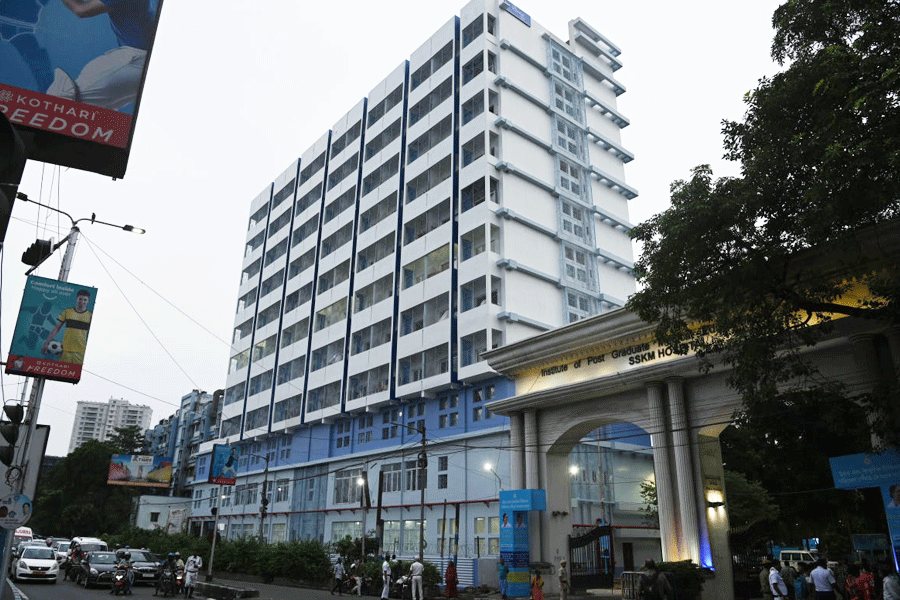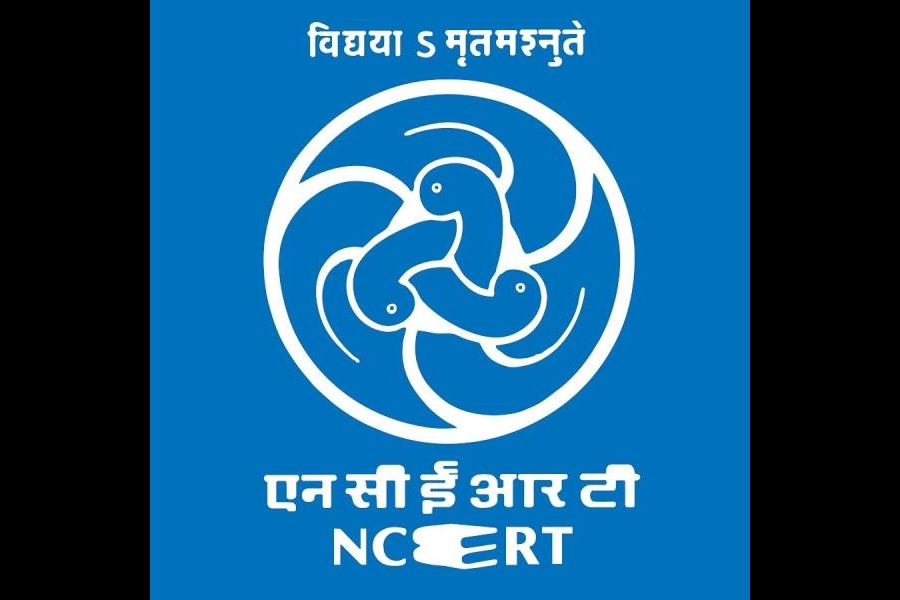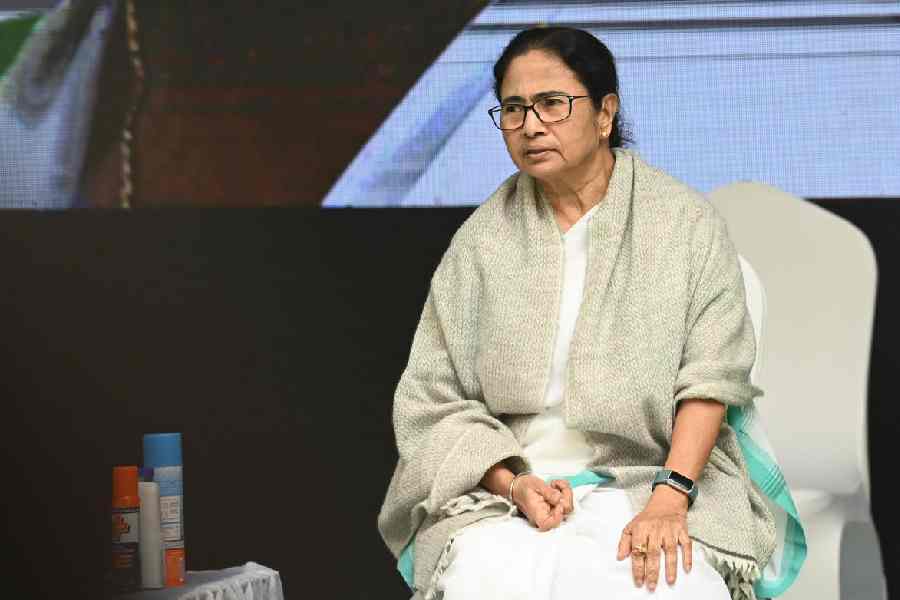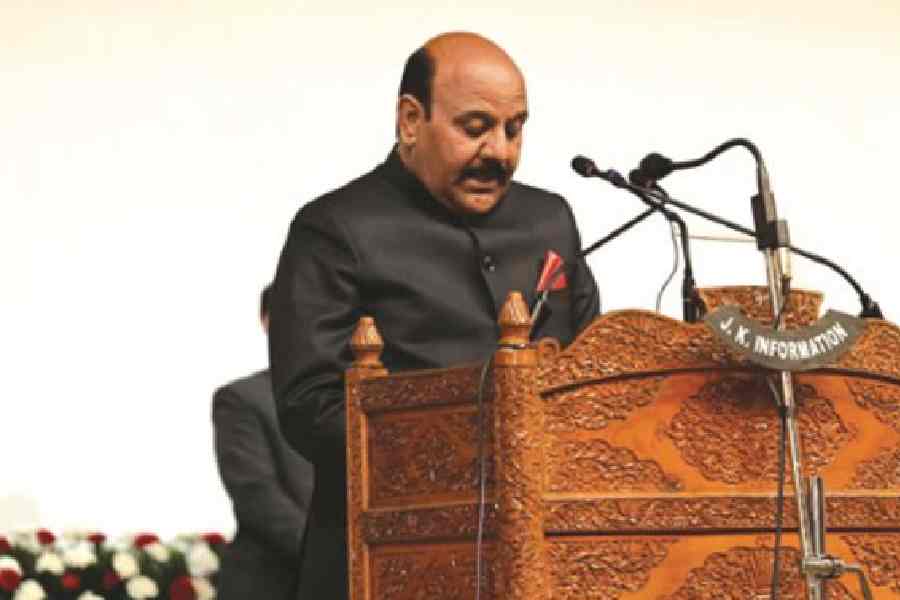Government-run hospital authorities will start meeting the agencies that deploy contractual employees in hospitals from Monday to pass on directives issued to the hospitals in a meeting with senior state government officials on Saturday.
At the meeting held on Saturday, where chief minister Mamata Banerjee made a brief online appearance, hospitals were directed to ensure that all personnel wear identification cards, and no contractual employee would be appointed if
their police verification was incomplete.
Sources said all permanent employees in hospitals are hired only after a police verification process.
Several officials of government-run medical colleges were, however, doubtful whether all employees would abide by the directives.
The directives by the state government come in the wake of the alleged rape of a 13-year-old at SSKM Hospital last Wednesday by a former Group D employee, who was in a hospital uniform.
Amit Mallick, the suspect, now a contractual employee at NRS Medical College and Hospital, should not have been allowed inside SSKM as a uniformed employee. The fact that he managed to be employed as a Group D employee in another hospital and roam around freely in another hospital highlights gaps in the security system of hospitals.
The administrators of various medical colleges said that the police verification process would take several weeks, as many of the contractual employees reside in districts outside of Calcutta. Furthermore, the verification of hundreds of these employees will necessitate a considerable amount of time. Some of the larger medical colleges employ a few thousand or more contractual staff members.
Besides doctors and nurses, almost every other employee in a government hospital is a contractual employee. They perform duties like manning the entry gates into a building and entry into wards, cleaning the wards and the hospital premises, and also assisting patients as rogi sahayaks.
“We will meet the agencies that deploy contractual employees in our hospital on Monday. They will be briefed about the state government’s directives to all government hospitals,” said the principal of a medical college. “Over the next few days, it has to be found out how many contractual employees are working without a police verification. The next step would be to initiate the verification process,” he added.
While the agencies that deploy contractual employees at hospitals will ensure that the verification of all employees is done and hospitals will monitor the process to ensure it ends within a reasonable time.
The principal of one medical college said, “It could take two weeks,” while the medical superintendent said obtaining “the police verification certificates of all contractual employees would take two or three months.”
This process has been suggested to ensure that someone with a proven history of trouble or crime is not posted in a government hospital visited by thousands of patients every day.
Amit Mallick, the suspect in the alleged rape of the 13-year-old girl, had complaints against him in his previous posting at another hospital, doctors at SSKM Hospital said.
The other directive issued in Saturday’s meeting — that all employees must wear identity cards — will need voluntary support from all sections of employees, said officials. There has been a longstanding order for everyone to wear their identity card in state-run hospitals.
But, from doctors to Group D staff, almost no one now wears their identity card at government hospitals, as this newspaper reported on Saturday. Officials at the helm of state-run medical colleges and hospitals said it was difficult for the gatekeepers to tell outsider from employee if no one wore their identity card.
“It is an issue of creating a culture of safety and discipline, and it will not be possible if people do not agree to wear identity cards while on duty,” said a medical superintendent.











